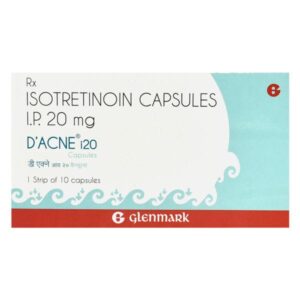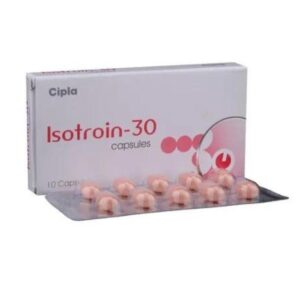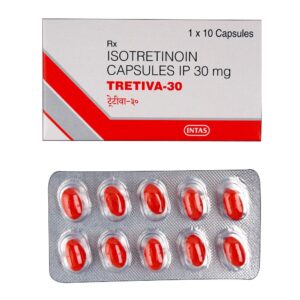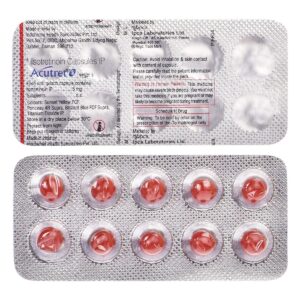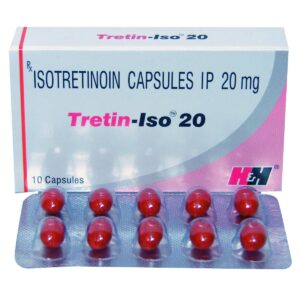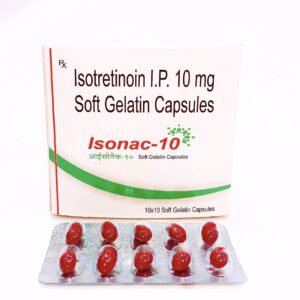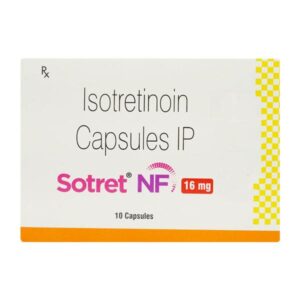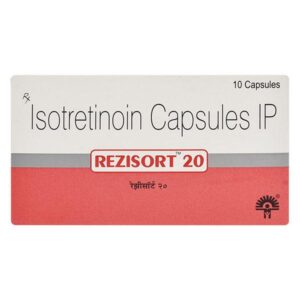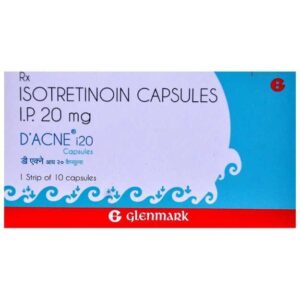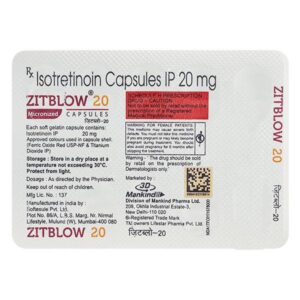ISOTRETINOIN
ISOTRETINOIN: Isotretinoin is a prescription medication used in the treatment of severe acne that has not responded to other treatments. It is a form of vitamin A and is available under various brand names such as Accutane, Claravis, and Roaccutane.
The mechanism of action of isotretinoin is not fully understood. It is believed to work by reducing the production of sebum, which is the oily substance that can clog pores and lead to acne. It also has anti-inflammatory properties and helps normalize skin cell turnover, preventing the formation of new acne.
The recommended dose of isotretinoin varies depending on the severity of acne and individual factors. Typically, it is taken orally once or twice a day with meals for a period of 15 to 20 weeks. The dosage can range from 0.5 to 1.0 mg/kg/day. The total cumulative dose usually falls within the range of 120 to 150 mg/kg.
Isotretinoin has the potential for significant side effects and should only be used under close supervision by a healthcare professional. Common side effects include dry skin and lips, dry eyes, nosebleeds, and joint pain. It can also cause an increase in blood lipid levels and liver function abnormalities. Therefore, blood tests are usually required before starting treatment and regularly during therapy. Other possible side effects include psychiatric effects such as depression or mood changes, severe birth defects if used during pregnancy, and an increased risk of inflammatory bowel disease.
Due to its side effects and potential risks, isotretinoin is typically reserved for severe acne cases that have not responded to other treatments. It is only prescribed under strict guidelines and requires regular monitoring during treatment. It is important to discuss the potential risks and benefits with a healthcare professional before starting isotretinoin therapy.

